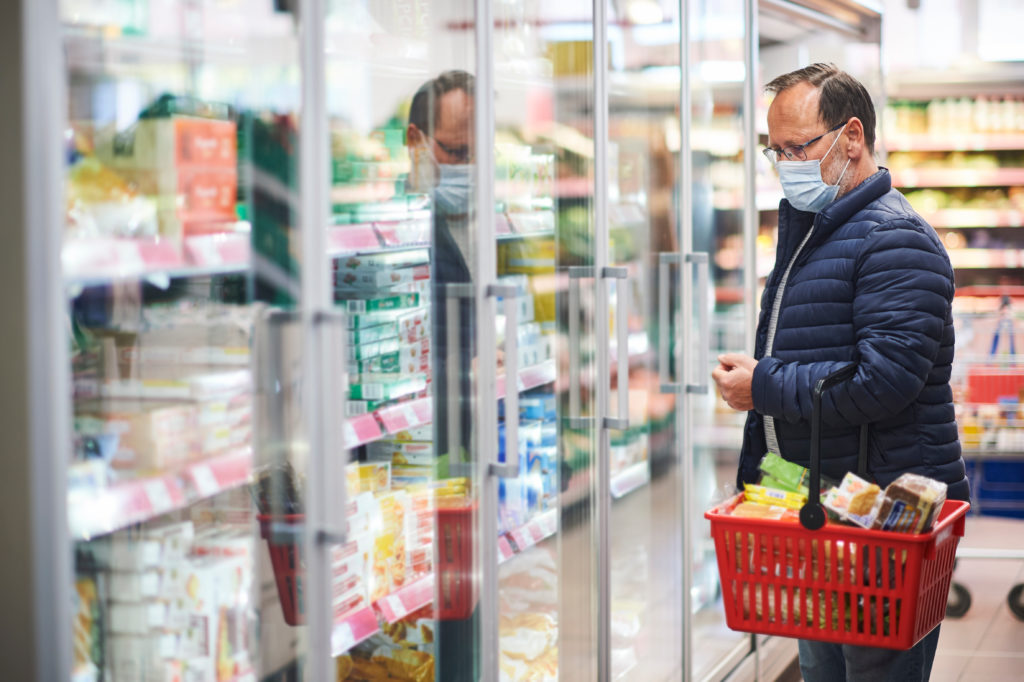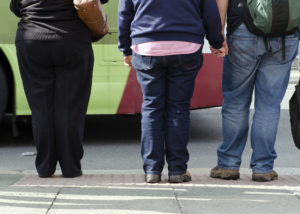COVID has become so politicized and there’s so much conflicting information that we’re getting questions every week about what to do to be safe during the COVID-19 pandemic.
We’re keeping this brief, so there are no long explanations here, nor links to research studies. We’re ignoring the various laws and mandates scattered across our country, and simply conveying what the research shows.
While we’re telling you what makes you and those around you safer, it’s up to you to determine what degree of risk you wish to take.
Supplements
Our recommendations for supplements are linked. All are available on Amazon.
- Make sure your serum Vitamin D measures between 50 and 100 ng/mL. This requires a blood test. If you’re below 50 you can supplement 5,000 to 10,000 IU per day, until you measure above 50. Do not go over 100 ng/mL.
- If you supplement daily with Vitamin D, then also supplement with Vitamin K2-MK7: 90mcg along with 5,000 IU of D, and 180mcg along with 10,000 units of D.
- 30mg of zinc picolinate daily.
- 1000mg of Vitamin C with bioflavonoids daily.
- Consider a melatonin supplement, especially if you have less than ideal sleep. There’s new research suggesting melatonin helps in preventing COVID infection. Our recommendation: 5mg before bed.
Masks
INDOORS:
- Wear a well-fitting, effective mask when in indoor public places such as stores.
- Wear a mask when you’re indoors with “gathered together” people.
OUTDOORS:
- Wear a mask when in higher traffic outdoor areas such as crowded sidewalks.
The stronger the breeze and brighter the sun, the lower the risk.
When walking, running, or riding your bike on a trail or any low traffic area, wearing a mask adds virtually zero protection or additional safety. The risk of contracting or transmitting the virus outdoors in low traffic is essentially zero, especially if you step aside 10’ or so when passing another person.
Distance
Distance matters. Distance allows the droplets and aerosols that contain the virus to dissipate and/or fall to the floor. You can choose distance based on the environment you’re in. When outdoors, with breeze and bright sun, distance adds little protection because risk is already so low. In a store full of strangers, distance adds much more safety.
Ventilation
Some of the latest data suggest that 2/3 of infections are happening in the home. Thank about that, and how it’s happening. In a tightly sealed indoor environment with little circulation of new air, risk is much, much higher.
So, open some windows and create as much ventilation as possible, especially when you have visitors and/or when you have family members going to and from riskier environments. (Yes, your heating bill will be a little higher.)
Air turbulence
In addition to ventilation, also consider turbulence. Turbulence from fresh air sources and fans helps disperse the virus, reducing concentrations.
- If you have a central HVAC system, switch your fans to the “On” position rather than “Auto.”
- If you have ceiling fans, turn them on.
- Buy a box fan or two and run them in your home.
Need to quickly purge air? Place a box fan in one window facing in and in another window facing out, and run them for a brief time. You can use common sense to figure out if or when this is helpful.
Time of potential exposure
The longer you’re exposed to an infected environment or person, the more likely you will contract the virus. So don’t unnecessarily dawdle or hang out in high-risk or public environments.
The vaccine
If you have a history of allergic reactions, proceed with eyes wide open and make sure to consult your doctor. For all others, get the vaccine as soon as it’s available to you.
Dan LaPerriere, M.D.
Gary Koyen, Ph.D.




